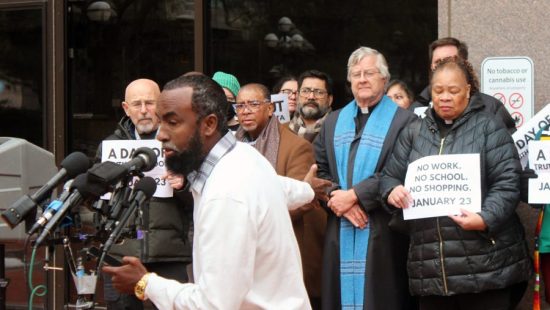Psychology, Memory Tips, and What Science Says About Latinos and Other Groups
Most people have experienced the awkward moment of running into someone and realizing they cannot recall that person’s name. This lapse is more common than many realize and can even cause anxiety or confusion. From a psychological standpoint, forgetting names goes beyond simple carelessness—it reflects how the brain processes and prioritizes information.
When we meet someone, our brain stores multiple data points about them—appearance, context, emotional impression, and their name. However, because we process massive amounts of information daily, the brain often prioritizes what it deems most relevant. A person’s name, especially if the encounter is brief or casual, can end up stored in a weaker memory pathway.
Psychologists note that proper names are uniquely difficult to remember because they lack inherent meaning or logical associations. As Psychology Today explains, remembering a name is unlike remembering a fact about someone—such as their job or physical features—which are connected to more meaningful networks in the brain.
Research published in the Journal of Experimental Psychology: Learning, Memory, and Cognition confirms this: names are more easily forgotten because they rely on “arbitrary associations” rather than semantic or visual cues. Without repetition or reinforcement, the brain struggles to solidify the name-face link.
Memory experts suggest several techniques to strengthen name retention:
- Repetition: Say the person’s name back to them when you’re introduced. Example: “Nice to meet you, Maria.”
- Association: Create a mental link between the name and something distinctive. For instance, “John the jogger” if you met him at a running club.
- Visualization: Imagine the name written across their forehead or picture it in a memorable scene.
- Emotion and Attention: Give genuine attention when someone introduces themselves—emotional engagement helps encode memories more effectively.
- Practice: Reinforce names after the interaction by writing them down or recalling them later.
Dr. Gary Small, a memory expert at UCLA, emphasizes that simple lifestyle habits—adequate sleep, physical activity, and stress reduction—also improve working memory and recall.
Is Forgetting Names More Common Among Latinos or Other Groups?
Current research does not suggest that Latinos, or any racial/ethnic group, are inherently more likely to forget names. Forgetting names is a universal human experience tied to how memory works rather than cultural or genetic differences.
However, some cultural factors may influence recall:
- In Latino cultures, where interpersonal relationships and extended family networks are highly valued, forgetting a name can feel more socially significant or embarrassing.
- Multilingual individuals (common in Latino communities) sometimes experience “cross-language interference,” where recalling a name in one language may compete with the other. Studies published in Bilingualism: Language and Cognition suggest that bilingual brains manage multiple word systems, which may occasionally delay retrieval.
But overall, no scientific evidence shows a higher biological tendency among Latinos versus other groups—it’s more about the context, language environment, and social norms around remembering names.
Forgetting names is normal, rooted in how our brains process information. It does not indicate poor memory or lack of interest in others. With repetition, associations, and attention, most people can significantly improve their name recall skills.








